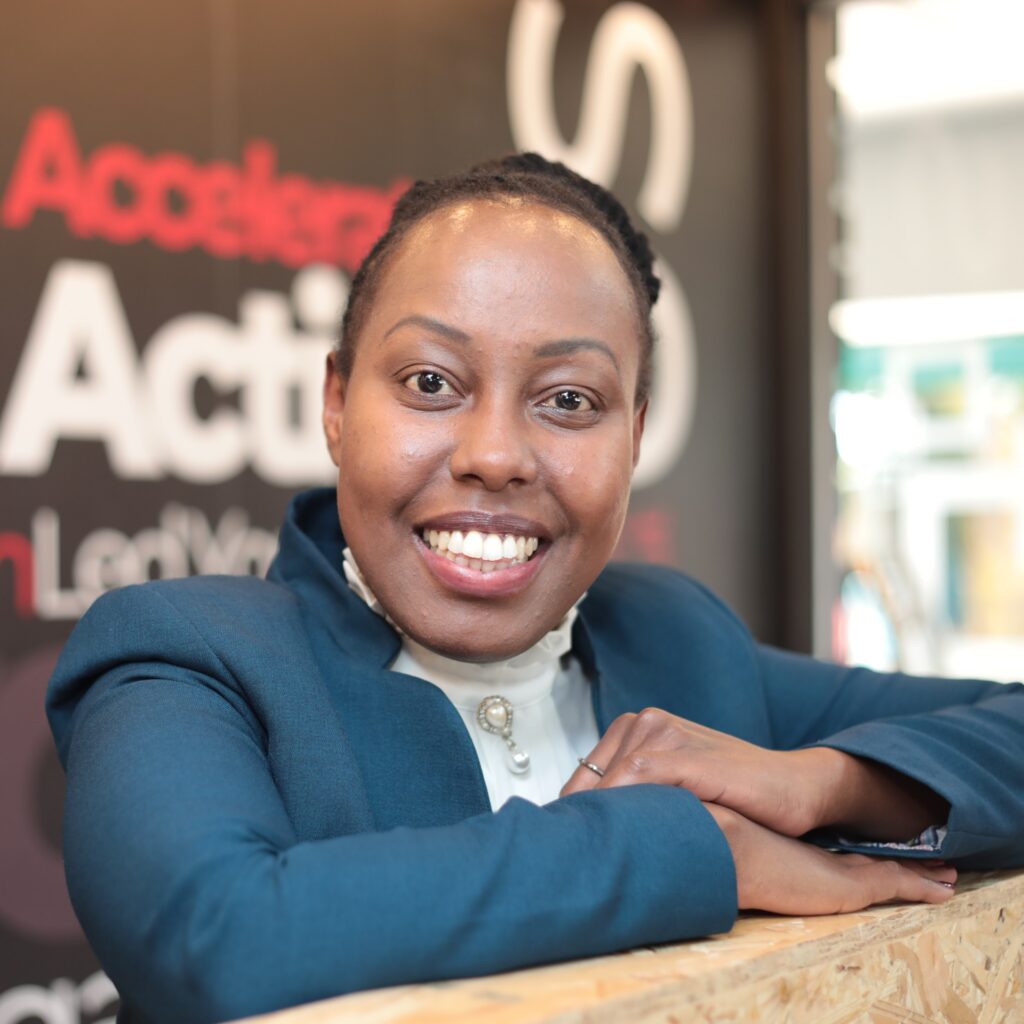YOUTH LEADERSHIP IN AFRICA - HAS NEVER BEEN AND WILL NEVER BE ABOUT AGE!

Youth leadership in Africa has never been and will never be about age, but rather, capabilities and revolutionary thinking.
By eva karijo
When I landed my first management role at 28 years old in Africa’s largest indigenous health non-governmental organization (Amref Health Africa), I never really thought about my age. Until it was pointed out, I had traversed different roles and departments with other experts from diverse backgrounds.
The cliché of youth leadership has clouded other important factors—that for decades, young people have been powerhouses in their own way.
Pan-African leaders like Tom Mboya (who in his late 20s) helped build the Trade Union Movement across Africa. Modern day digital activism by students led to the #FeesMustFall movement which shaped accessible higher education in South Africa. And in recent days, it is youth who are developing Tiba vent mechanical ventilators to deal with the global pandemic. To put simply, age has just been the common denominator.
Today’s society needs to acknowledge both the innovative power and capabilities of collective youth movements and the untapped revolutionary leverage by the youth.
This will not only change Africa’s leadership wave, but also spur individual countries’ economies to meet the needs of its citizens, the majority of whom are—yes—young.
But we, the youth, need this change the most.
Despite Africa having the largest youth population in the world, many of its countries suffer some of the biggest casualties of poor leadership on this continent—unemployment, poor health indicators, poverty—a visible protuberance on Africa’s back.
The paradoxical face of our leadership and the continent’s population is the reason for the deliberate efforts to ensure that young people occupy leadership positions, in a bid to cover the glaring face of misrepresentation. Majority of our leaders are aged 55 years and above, with many others being older than 75, leading and deciding the development fate of a population that is 75% youth.
Putting it all together – proactiveness and collaboration in leadership and governance
With Africa at its tipping point, proactiveness in leadership, governance and accountability is needed now more than ever. Leaders should always see youth as a resource, not as competition or token appointees, and acknowledge their ideas and influence regardless of age.
This different perspective will make decision making processes and outcomes more impactful.
Instruments which encourage collaborative engagement and accountability with youth and policy makers have proven to improve outcomes of policy making processes.
The Meaningful Youth Engagement (MYE) score-card from Youth in Action (Y-ACT), which has been piloted in Kenya, considers different tenets of youth leadership and allows policymakers to ensure representation, inclusivity, transparency in the decision making processes. Youth, on the other hand, are held accountable by policy makers ensuring that they’re well prepared, engaged and educated about the policy processes that they need to inform.
The youth, who are a force to reckon with, must continue putting themselves out there to lead and participate in any sector of health, economic advancement, education and governance.
We need to learn from the governments in Mali, Botswana and Zimbabwe, where ministers were appointed to country leadership positions by age 35 without waiting for nominated positions reserved for youth leadership.
The youth are Africa’s positive tsunami. As we mark this year’s International Youth Day celebrations in 2020, we acknowledge that leadership rightly belongs in the hands of the youth. The youth lead to improve not just their lives but the lives of generations to come—in health, education, economic empowerment.
ABOUT AUTHOR

Ms. Evalin Karijo is a young, dynamic leader and a Public Health Specialist with 8 years’ experience in designing and implementing health projects focusing on women, adolescents and youth. She is currently the Project Director of Y-ACT, Youth in Action, at Amref Health Africa – a national youth led initiative which promotes Meaningful Youth Engagement in policy and decision-making processes in Kenya, with a focus on Gender Equality and Sexual and Reproductive Health & Rights (SRHR). Ms. Karijo holds a Masters Degree in International Public Health from the University of Liverpool and a Global Executive MBA (Health Leadership & Management) from USIU-Africa.
